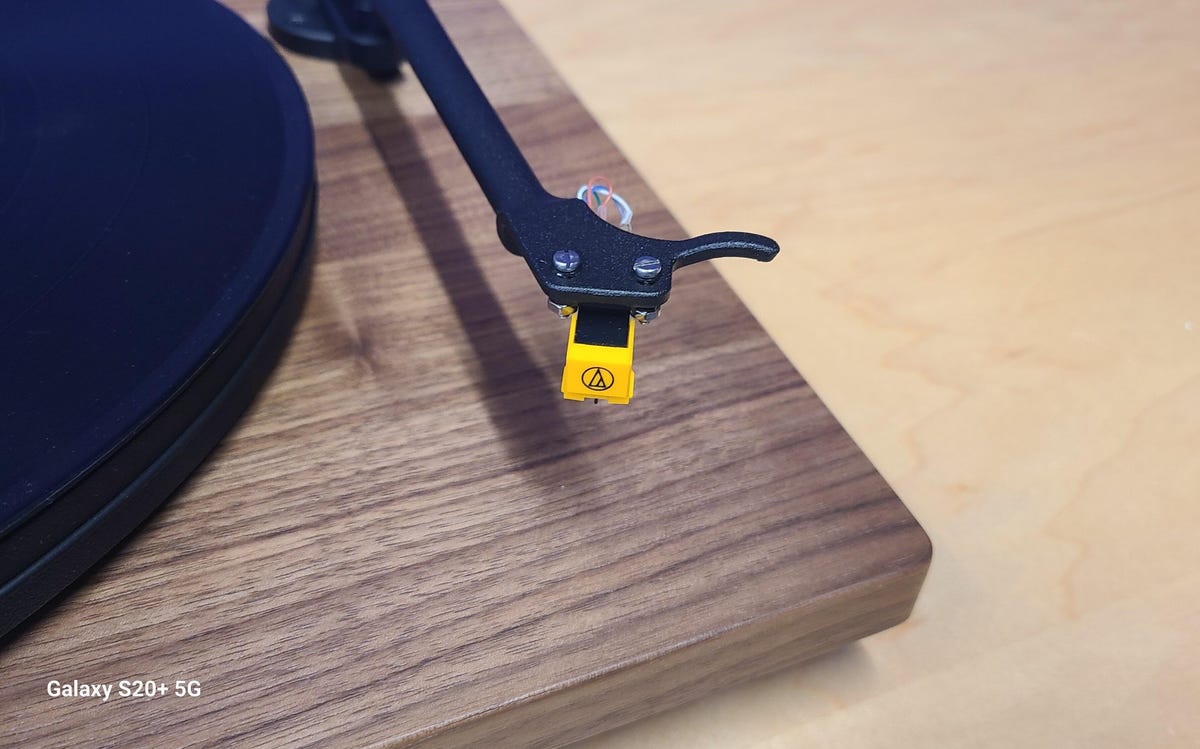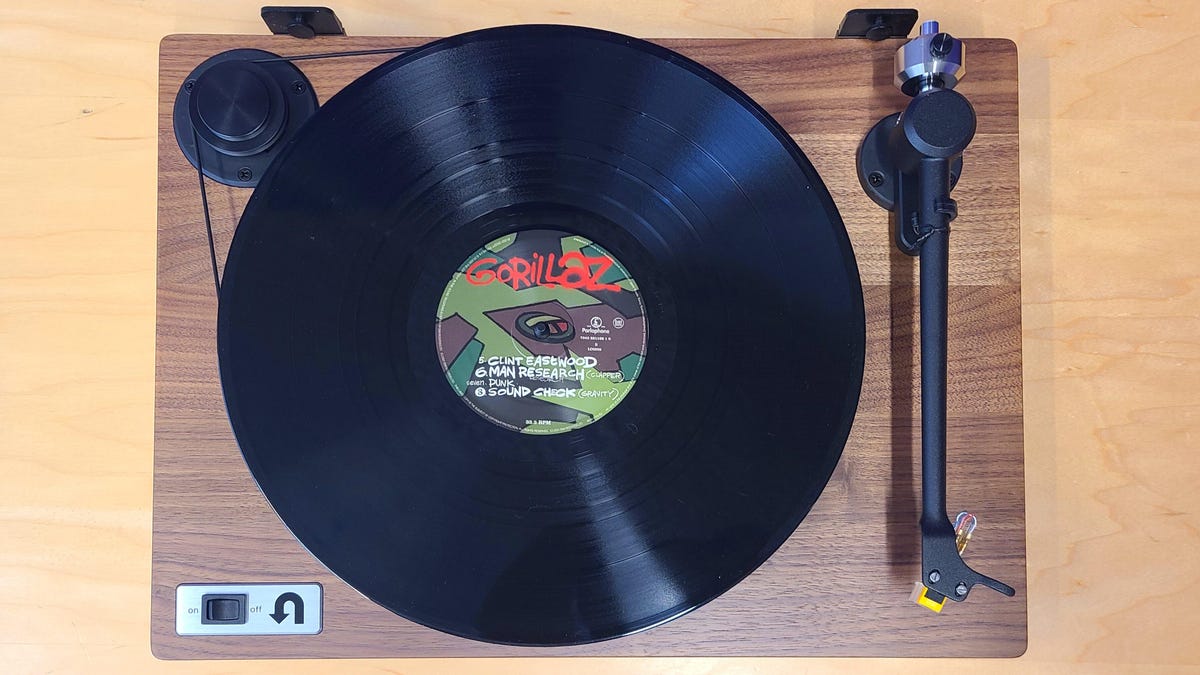If there’s one company who can be credited with reviving interest in quality, budget turntables it’s U-Turn. The original Orbit was a hit with undeniable appeal — it was American-made and it was simple to use — but it wasn’t going to be perfect. After the release of the show-stopping U-Turn Orbit Theory it seems the company has decided to go back to basics with a makeover that would make even the Queer Eye team proud.
The company has now unveiled three newly enhanced models, including:
- Orbit Basic ($249) with Audio-Technica AT91 cartridge
- Orbit Plus ($399) with Ortofon OM5E cartridge
- Orbit Special ($549) with Ortofon 2M Red cartridge
The company’s new range includes a number of upgrades as well as some luxe options for audio tweakers. These improvements begin with the tonearm: The original aluminum hybrid arm was always a little awkward, and this has been fixed with a one-piece magnesium tonearm, named the OA3. The drive system has seen an overhaul with a new, grooved MDF platter, and a seamless silicone belt replacing the old elastic band. Though changing speeds on the Orbits is easier than most, with a flick of the belt between pulleys, the Orbit Special and Custom now come with electronic speed control.

The options, available across the range, now include a choice of colors, as well as two solid wood plinths (for an extra $120). Users have the ability to add a set of height-adjustable aluminum feet, which use sorbothane to reduce external vibrations. And the defeatable Pluto 2 Phono Preamp can be included, which means you don’t need a separate phono amp on your stereo system.
Hands-on

I received an Orbit Basic, in the optional walnut, and with the defeatable preamp onboard. I had a quick listen to it alongside my new favorite budget table, the Monolith by Monoprice. The U-Turn had been set up in the factory, so all I had to do was put the platter on, wind the drive belt around the pulley and it was ready. It’s always nice to not have to install every last component. The Monolith was a bear to get working properly comparatively — the tonearm was fairly floppy — but vinyl fans still shouldn’t find it that difficult.
The U-Turn is noticeably smaller than the Monolith, though it’s certainly more elegant looking. The one feature I do wish the U-Turn had is a tonearm lift — some people are happy to use the finger lift, but having a lever is more accurate. Especially if you’re doing a bit of party DJing and want to cue up the next song.
I only had time to play one song on each turntable — and I chose Clint Eastwood by Gorrilaz. The song was a perfect match for the rambunctious Orbit as it burst with hefty bass and a lean high-end response. This turntable is ready to party! The Monolith was a little more refined with more detail, particularly of Damon Albarn’s vocals. There was a better sense of separation between the instruments — this song can be more than “just a bass track” to two-step to.
I look forward to hearing more from the Orbit, and early impressions seem to indicate there has been some sonic improvement. There are some impressive turntables at the same price that are also better featured, but if the Basic is anything like the stellar Orbit Theory, it’s got some surprises left in it yet.
The Orbit range is available from U-Turn and select retailers now.
